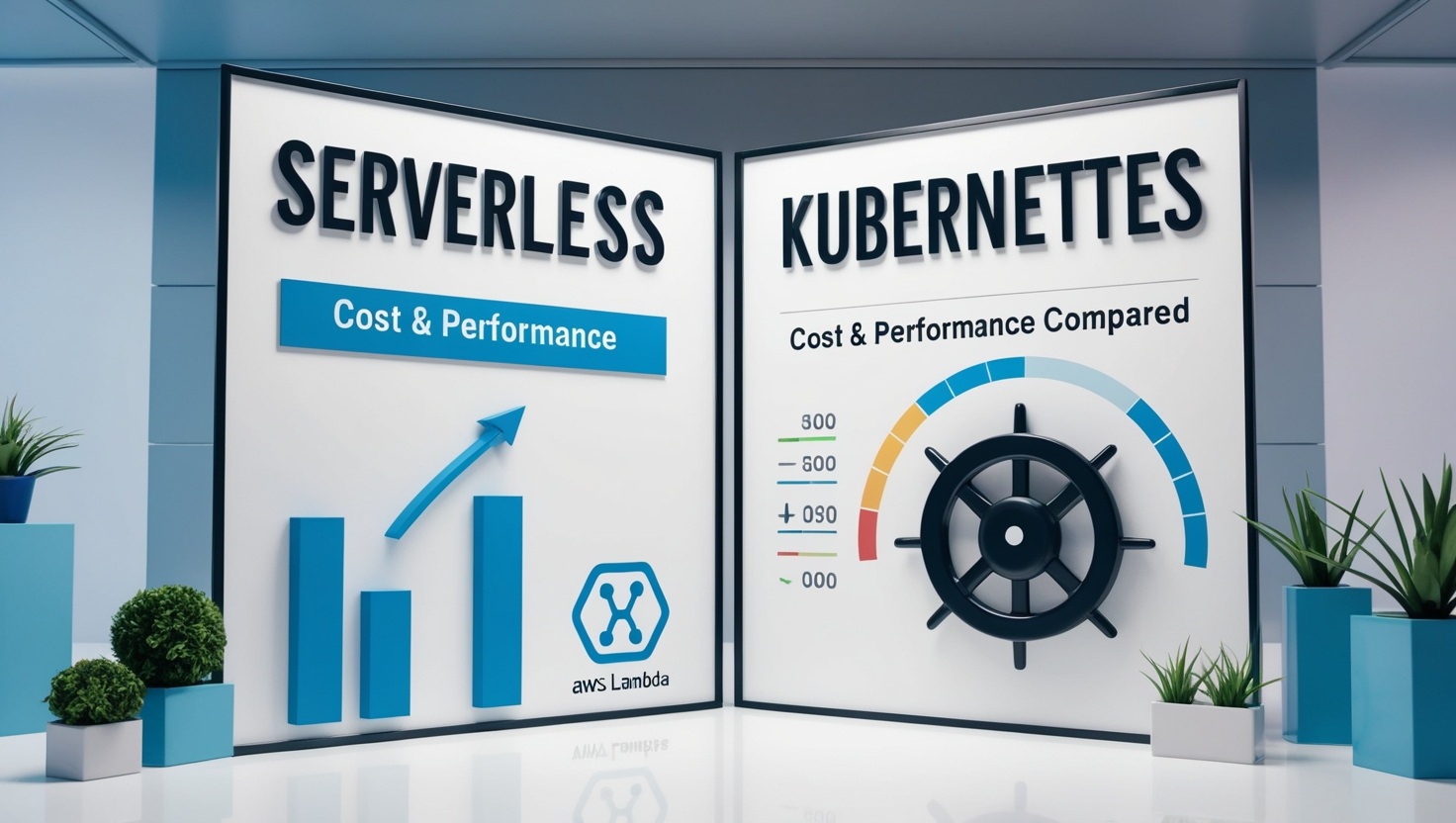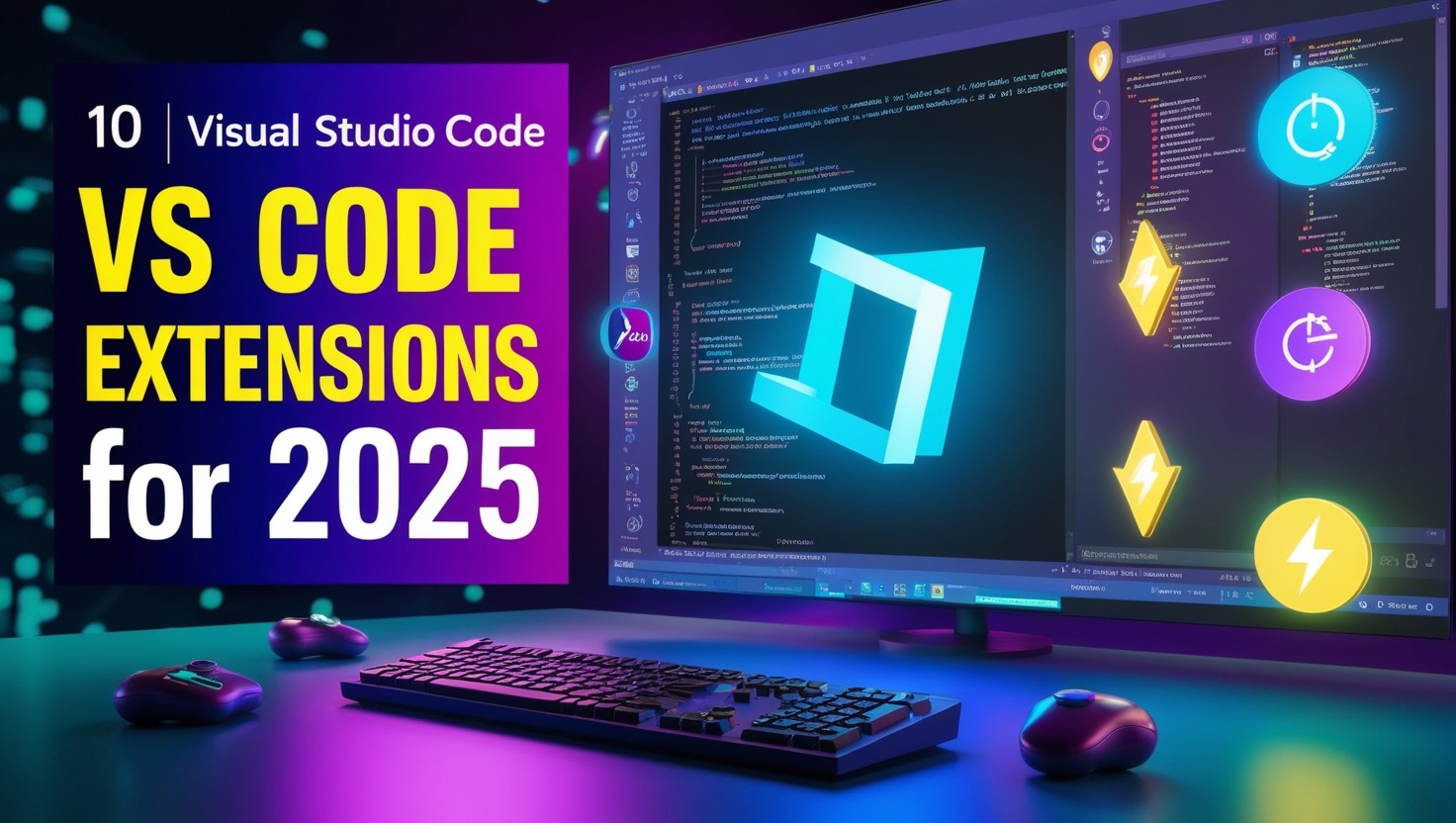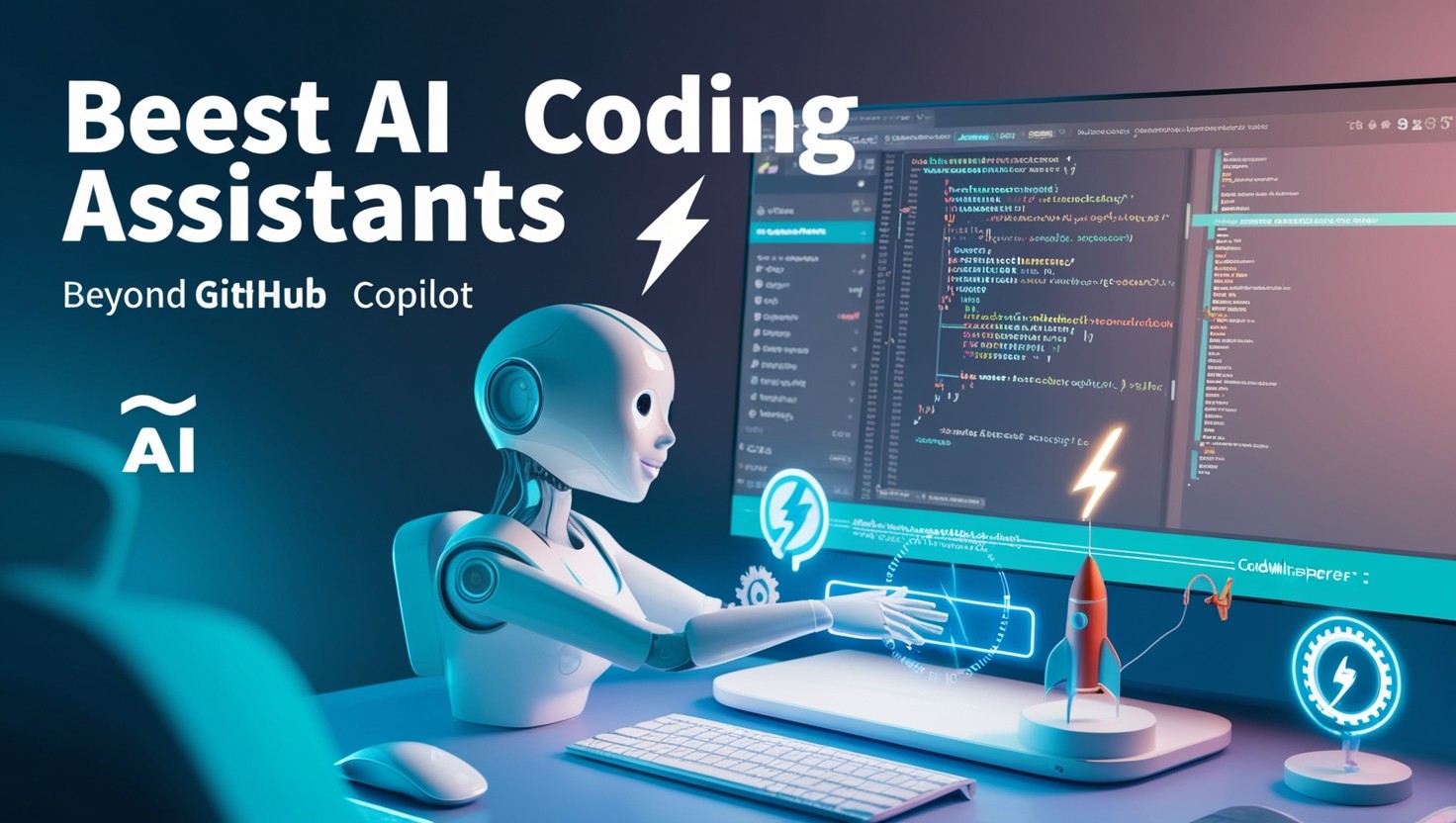Let’s start with a simple truth: the world of technology never stops evolving. Just when you’ve mastered Python, JavaScript, or cloud computing, a new buzzword emerges. This time, it’s quantum computing. You’ve probably heard about it in tech forums, seen headlines like “Quantum Supremacy Achieved!”, or stumbled over job postings asking for “quantum programming skills.” But as a developer, you’re busy. You need to know: Is quantum computing worth your time right now?
In this article, we’ll break down what quantum computing really means for developers, whether it’s just hype or a legit career opportunity, and how to start learning it (without needing a PhD in physics). By the end, you’ll have a clear answer to the question: Should I learn quantum computing now?
What Is Quantum Computing (in Plain English)?
Before we dive into whether you should learn it, let’s demystify the term.
Classical computers (the ones we use daily) process information using bits—tiny switches that are either 0 (off) or 1 (on). Every app, website, or game you’ve built relies on these binary bits. But quantum computers use qubits (quantum bits), which can be 0, 1, or both at the same time. This ability to exist in multiple states simultaneously is called superposition.
Here’s an analogy: Imagine flipping a coin. While it’s in the air, it’s neither fully heads nor tails—it’s both. A qubit works similarly. This lets quantum computers solve certain problems exponentially faster than classical computers.
But wait, there’s more. Qubits can also be entangled, meaning the state of one qubit instantly influences another, no matter how far apart they are. Einstein called this “spooky action at a distance,” but it’s real—and it’s the secret sauce behind quantum computing’s power.
Why Should Developers Care About Quantum Computing?
You might think, “Cool science, but how does this affect my job?” Let’s cut through the hype and look at practical reasons:
1. It’s Not Sci-Fi Anymore—It’s Here
Companies like IBM, Google, Microsoft, and startups like Rigetti are already building quantum computers. IBM’s Quantum Network includes over 200 organizations experimenting with real quantum hardware. Governments are investing billions (the U.S. launched a $1.2B National Quantum Initiative in 2018). This isn’t a distant future—it’s happening now.
2. Early Adopters Will Have a Career Edge
Remember when AI/ML was niche? Developers who learned TensorFlow or PyTorch early became industry leaders. Quantum computing is at a similar inflection point. Learning it now positions you as a pioneer in a field that’s about to explode.
3. Quantum Computing Solves Real Problems
Quantum won’t replace classical computers but will tackle problems that are currently unsolvable or too slow:
-
Drug Discovery: Simulating complex molecules for life-saving medicines.
-
Optimization: Solving logistics, supply chain, or traffic routing problems in minutes.
-
Cryptography: Breaking (or securing) encryption methods.
-
AI/ML: Accelerating machine learning models with quantum algorithms.
If you work in these fields, quantum skills could future-proof your career.
The State of Quantum Computing Today: What Can You Actually Do?
Before you rush to enroll in a quantum course, let’s set realistic expectations.
The Hardware Isn’t Perfect Yet
Today’s quantum computers are noisy and error-prone. Most have fewer than 100 qubits (IBM’s Osprey has 433, but they’re not all usable). We’re in the NISQ era (Noisy Intermediate-Scale Quantum), where results aren’t perfectly reliable. Think of it like the 1950s of classical computing—revolutionary, but clunky.
But the Software Ecosystem Is Growing Fast**
You don’t need a quantum computer to start coding. Platforms like Qiskit (IBM), Cirq (Google), and Azure Quantum (Microsoft) let you write quantum algorithms and run them on simulators or real hardware via the cloud. Open-source libraries and tutorials are everywhere.
Real-World Applications Are Emerging**
While we’re years away from quantum laptops, niche industries are already experimenting:
-
Finance: JPMorgan Chase uses quantum algorithms for portfolio optimization.
-
Automotive: Volkswagen simulates battery chemistry for electric vehicles.
-
Cybersecurity: Companies like Quantinuum are developing quantum-safe encryption.
Bottom line: Quantum computing is still in its infancy, but the groundwork is being laid—and developers are needed to build on it.
Should You Learn Quantum Computing? 5 Questions to Ask
Let’s get personal. Should you invest time in learning quantum programming? Ask yourself:
1. Do You Work in a Quantum-Ready Industry?
If you’re in finance, healthcare, AI, logistics, or cybersecurity, quantum computing will impact your field within 5–10 years. Learning it now gives you a head start.
2. Are You Curious About Cutting-Edge Tech?
Quantum computing is complex and requires diving into linear algebra, physics, and abstract math. If you love learning for its own sake, you’ll enjoy the challenge.
3. Do You Want to Future-Proof Your Career?
Even if quantum doesn’t go mainstream soon, having it on your résumé signals that you’re adaptable and forward-thinking—traits employers value.
4. Can You Handle Uncertainty?
Unlike learning React or Python, quantum skills might not pay off immediately. It’s a long-term bet.
5. Do You Enjoy Solving Hard Problems?
Quantum programming is nothing like web dev. It’s abstract, theoretical, and often frustrating. But for problem-lovers, it’s pure adrenaline.
If you answered “yes” to most of these, quantum computing is worth exploring.
How to Start Learning Quantum Computing (No PhD Needed)
You don’t need to be a physicist to write quantum code. Here’s a step-by-step guide:
Step 1: Brush Up on the Basics**
-
Math: Focus on linear algebra (vectors, matrices) and probability.
-
Physics: Understand concepts like superposition and entanglement at a high level.
-
Programming: Python is the lingua franca of quantum programming (thanks to libraries like Qiskit).
Step 2: Pick a Framework**
Start with a user-friendly quantum SDK:
-
Qiskit (IBM): Great for beginners, with tons of tutorials.
-
Cirq (Google): Ideal for quantum circuit design.
-
Microsoft Q#: A domain-specific language for quantum.
Step 3: Take a Course**
Free resources:
-
IBM’s Quantum Computing Fundamentals (Coursera)
-
Introduction to Quantum Computing (edX)
-
YouTube channels like Quantum Computing Report
Paid but worth it:
-
The Complete Quantum Computing Course (Udemy)
-
Textbook: Quantum Computation and Quantum Information by Nielsen & Chuang
Step 4: Build Small Projects**
-
Simulate a quantum coin flip (Hadamard gate).
-
Create entangled qubits (Bell states).
-
Solve a simple optimization problem with QAOA (Quantum Approximate Optimization Algorithm).
Step 5: Join the Community**
-
Participate in IBM Quantum Challenges.
-
Attend conferences like Q2B or Quantum.Tech.
-
Follow researchers on Twitter/X (e.g., Scott Aaronson, John Preskill).
The Quantum Job Market: What Roles Exist Today?
Worried there are no jobs? Think again. Roles are emerging in:
-
Quantum Software Development: Writing algorithms for quantum hardware.
-
Quantum Algorithm Design: Creating new ways to solve problems.
-
Quantum Machine Learning: Merging AI with quantum computing.
-
Quantum Cryptography: Building hack-proof security systems.
Companies like IBM, Google, Honeywell, and startups like IonQ and Xanadu are actively hiring. Salaries are competitive—entry-level quantum engineers earn 100K–100K–150K, with senior roles exceeding $200K.
That said, the market is still niche. Most jobs require advanced degrees, but developer roles increasingly prioritize coding skills over PhDs.
The Challenges of Learning Quantum Computing
Let’s be honest—quantum computing isn’t easy. Here’s what to watch for:
-
Steep Learning Curve: The math and physics can feel overwhelming.
-
Hardware Limitations: Simulators are slow, and real quantum computers are error-prone.
-
Uncertain Timelines: No one knows when quantum will go mainstream.
But remember: Developers in the 1960s faced similar challenges with classical computers. Persistence pays off.
The Future of Quantum Computing: When Will It Go Mainstream?
Predictions vary, but here’s a consensus:
-
2025–2030: Early commercial applications in finance, chemistry, and logistics.
-
2035+: Fault-tolerant quantum computers solving global-scale problems.
By learning now, you’ll be ready when the industry takes off.
Final Verdict: Should You Learn Quantum Computing Now?
Yes—if:
-
You’re in a quantum-ready industry.
-
You enjoy theoretical challenges.
-
You want to position yourself as an early expert.
Wait—if:
-
You prefer immediate ROI from learning.
-
Abstract math isn’t your thing.
Quantum computing isn’t for everyone, but for curious developers willing to embrace the unknown, it’s a thrilling frontier.
Start Your Quantum Journey Today
The best time to plant a tree was 20 years ago. The second-best time is now. Quantum computing might not dominate the tech landscape tomorrow, but the pioneers who start today will shape its future—and yours.
Need guidance? Sharpencode offers tailored resources for developers diving into quantum computing.
Contact Us to explore how we can help you master this transformative technology.


